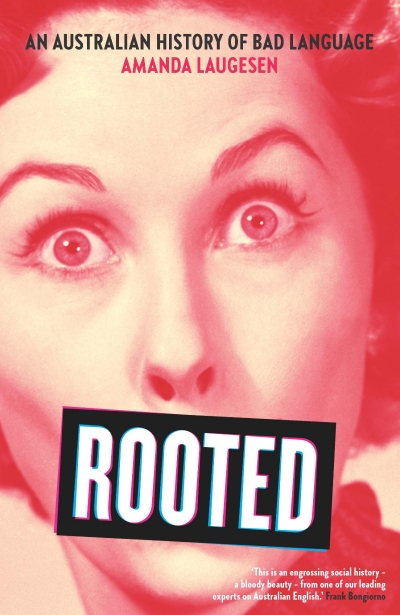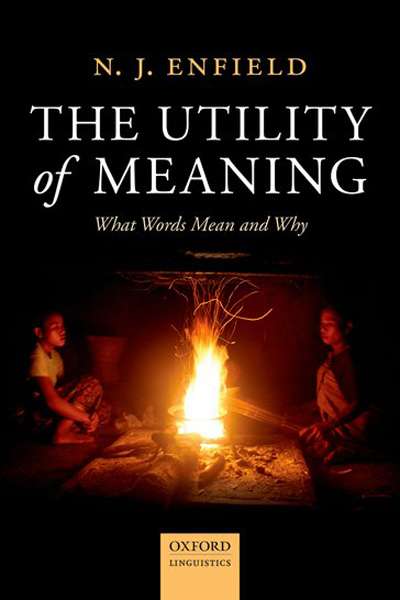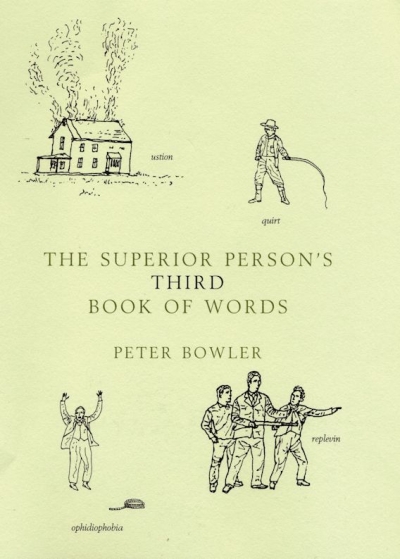On the back cover of Don Watson’s Dictionary of Weasel Words, the entry for ‘absolute certainty’ is reproduced: ‘1. Beyond a doubt; scout’s honour; on impeccable authority, irrefutable evidence; watertight, ironclad; London to a brick; bet your arse (or ass) on it. 2. Not necessarily the case.’ The first definition offers the standard, transparent meanings; the second offers its ‘weasel-word’ meaning – what it means when it is minced through the minds of ‘the powerful, the treacherous and the unfaithful’, particularly bureaucrats and politicians. A citation from Vice President Dick Cheney on 2 September 2002 demonstrates weaseling or weasling in action (see Kate Burridge’s discussion of the process of haplology in her book Weeds in the Garden of Words for the likely transformation of ‘weaseling’ into ‘weasling’): the weaselly vice president says: ‘We do know, with absolute certainty, that he is using his procurement system to acquire the equipment he needs to build a nuclear weapon.
...
(read more)




